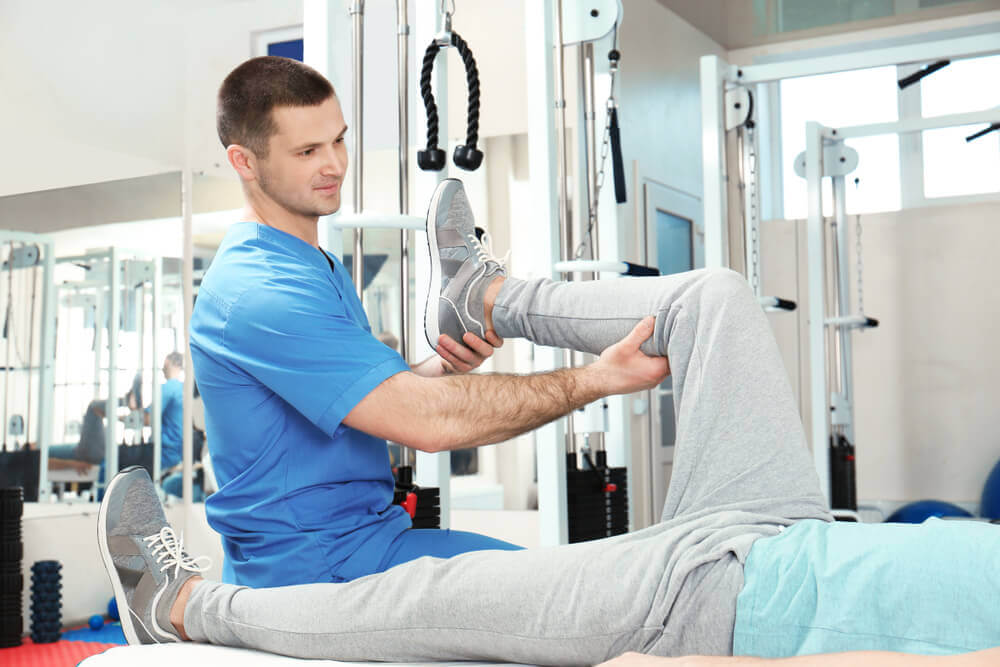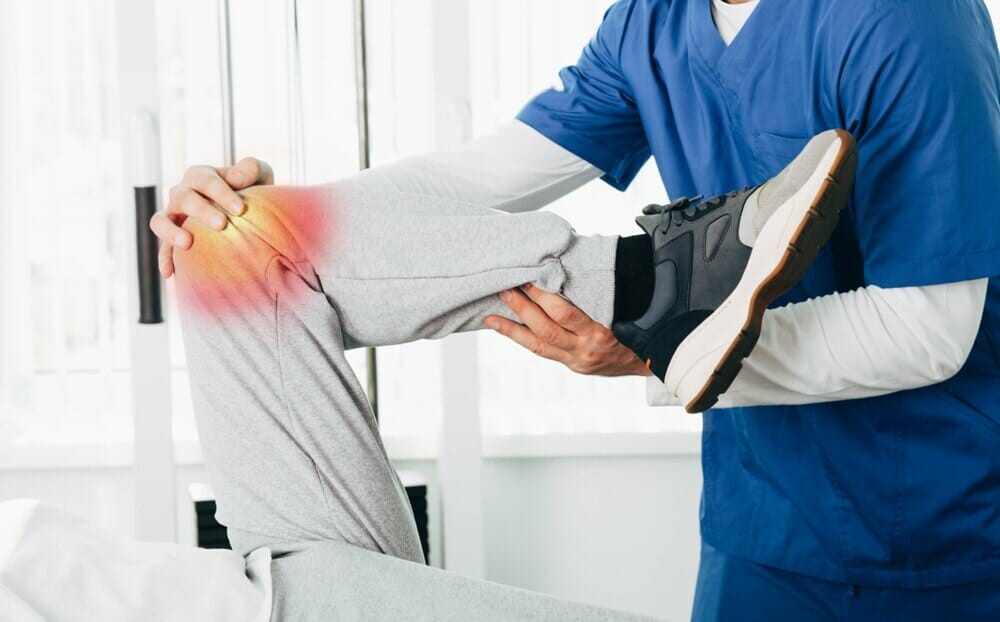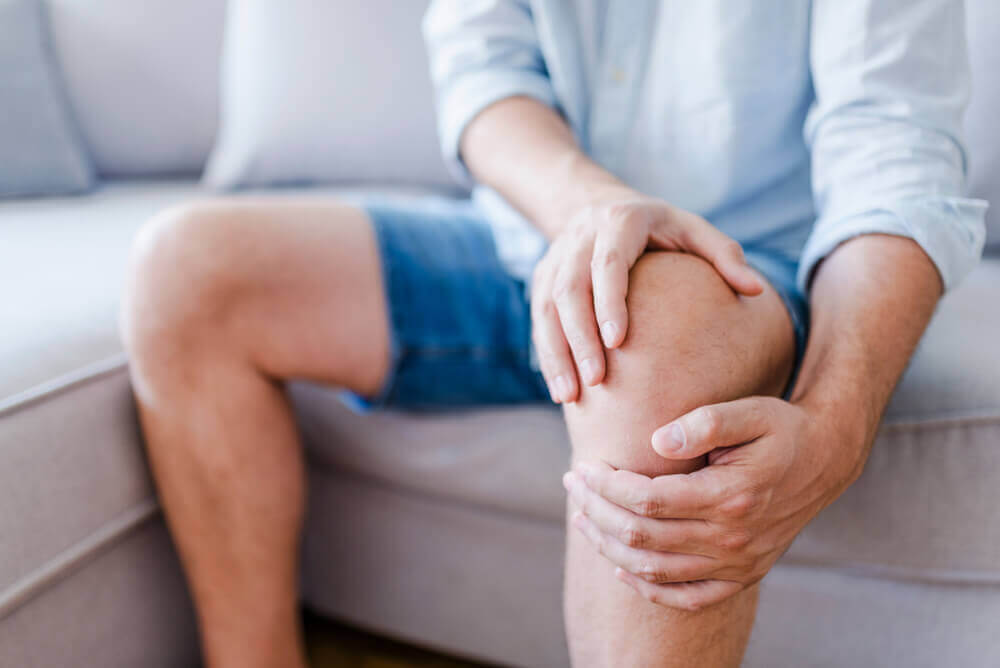
Arthritis can be a painful musculoskeletal condition affecting people of all ages. Arthritis can cause swollen and painful joints which can interfere with daily activities. Arthritis can be caused by excessive loading or abnormal mechanical loading of a joint. Whilst there is no guarantee of preventing arthritis, there are ways to slow the progression of the condition and reduce the associated pain and dysfunction.
What Is Arthritis?
Arthritis is a term which covers many conditions that cause joint pain and stiffness. There are more than 200 forms of arthritis, however, the most common include osteoarthritis, rheumatoid arthritis and gout. Symptoms of arthritis include:
- Joint inflammation and pain
- Joint stiffness
- Lower back pain
- Reduced range of motion
- Fatigue
- Swollen joints
- Muscle aches
- Difficulty moving
- Reduced flexibility
- Poor sleep
Physio for arthritis is one of the most effective ways to manage symptoms. Physio can help with many types of arthritis and the symptoms associated with this condition. Some forms of arthritis such as osteoarthritis and rheumatoid arthritis may lead to hip joint replacements. Post-surgery joint replacement rehabilitation with your physiotherapist promotes a safe recovery helping you to get back on your feet asap.
Arthritis can also affect the temporomandibular joint (TMJ), or the jaw joints. The TMJ is the most used joint in the body, and pain in this area can affect the ability to talk, eat and express emotions. Disorders of the TMJ cause jaw clicking, popping and limited jaw movement. Physio for jaw pain can be very successful, particularly for TMJ opening disorders. He identifies any swelling, stiffness or weakness and helps to relax the jaw muscles and mobilise the joints to reduce pain.
Physiotherapists are qualified and experienced in the treatment of joint pain caused by arthritis. Physio can help you move safely and effectively while reducing pain. He provides manual treatment and specific exercises to maximise your ability to stay moving, whether it be walking, climbing stairs or participating in recreational activities. The goal of physio is to improve joint mobility, increase strength to help support your joints, maintain fitness levels and restore your ability to perform daily activities.
How Physio Can Help
Your physiotherapist will develop an exercise plan specifically for your condition to improve strength, flexibility, balance and coordination. Physio aims to:
- Improve body mechanics for daily activities
- Reduce and relieve pain
- Improve overall function
- Improve posture
- Assist with the use of devices such as canes and walkers
- Suggest environmental modifications such as ergonomic chairs
- Recommend various treatment options for pain including manual therapy, specific exercises and splinting where appropriate for a period of time.
Physio often involves various exercises depending on your treatment plan. He will ensure you’re performing the exercises correctly and may provide suggestions for what you can do at home. Your physio will identify any problems that need to be addressed and provide strategies to overcome these issues. A successful outcome relies on practicing your exercises at home over several weeks, months or longer to help your body regain strength over time.
Physiotherapy can be a very effective form of treatment for many people who suffer from arthritis. The symptoms of arthritis can affect many areas of your life; however, physio aims to help you to remain active and return to your daily activities as soon as possible. For more information or to inquire about a physiotherapy appointment, contact the friendly staff at Integrity Physio.




